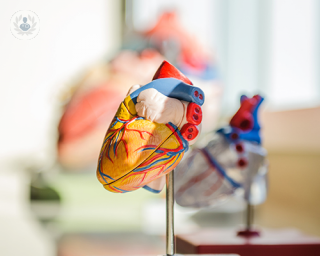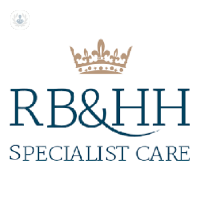Long Covid
Dr Arti Mahto - Rheumatology
Created on: 08-23-2021
Updated on: 06-05-2024
Edited by: Sophie Kennedy
What is long COVID?
Long COVID is the medical term given to the continuation of symptoms associated with the COVID-19 virus, that persist for 12 weeks or more. This can otherwise be known as post-COVID syndrome.

What are the main symptoms of long COVID?
It has been medically proven that symptoms of long COVID include:
- tiredness/fatigue
- shortness of breath
- loss of smell and/or taste
- concentration and/or memory problems
- difficulty sleeping
- joint pain
- heart palpitations
- loss of appetite
- headaches
- diarrhoea
- high temperature
- cough
- sore throat
- appearance of rashes
- dizziness
- pins and needles
The list of symptoms associated with long COVID continues to grow, as the condition is studied more closely.
When should someone see a doctor in relation to long COVID symptoms?
If a patient notices that they are still suffering from or experiencing symptoms of COVID-19 four weeks or more after first contracting the virus, they should certainly see a doctor with regards to these symptoms, to discuss and review the severity and regularity of any associated long COVID symptoms.
Do severe COVID-19 symptoms influence a person's chances of suffering from long COVID?
Fascinatingly, there have been studies that have shown that patients who experience long COVID symptoms may not have necessarily suffered from severe COVID-19 symptoms when they were first confirmed to have COVID-19. In other words, suffering from long COVID (persisting, long-lasting) symptoms is not linked with the severity of the initial COVID-19.

















